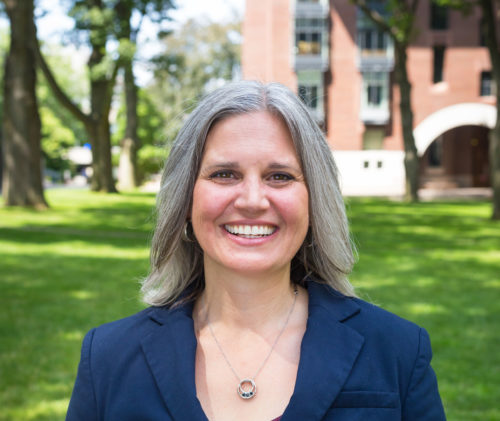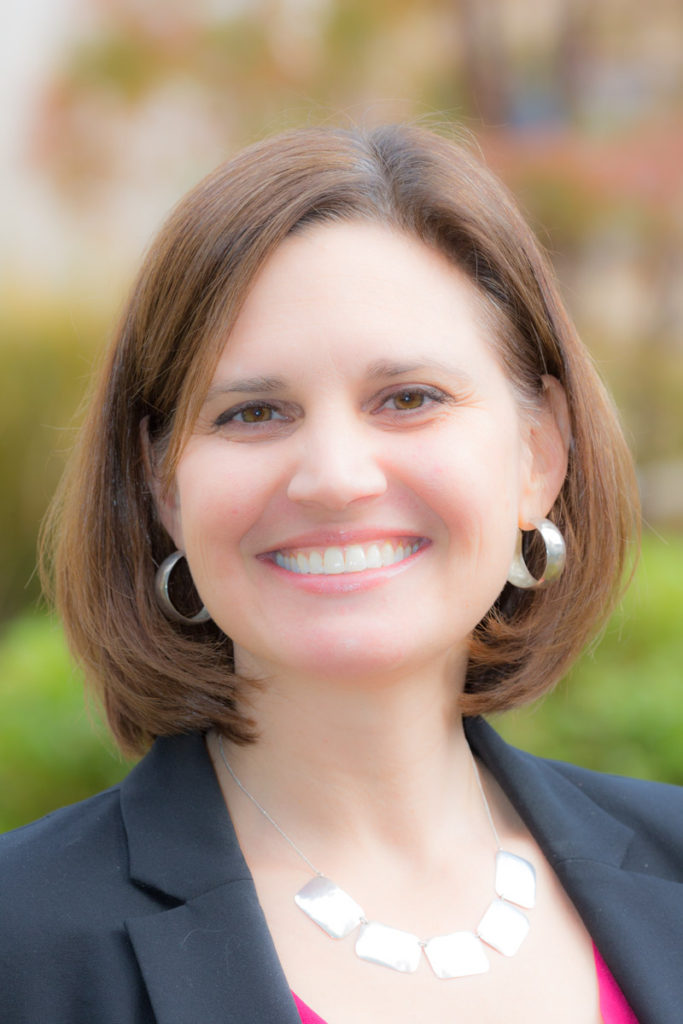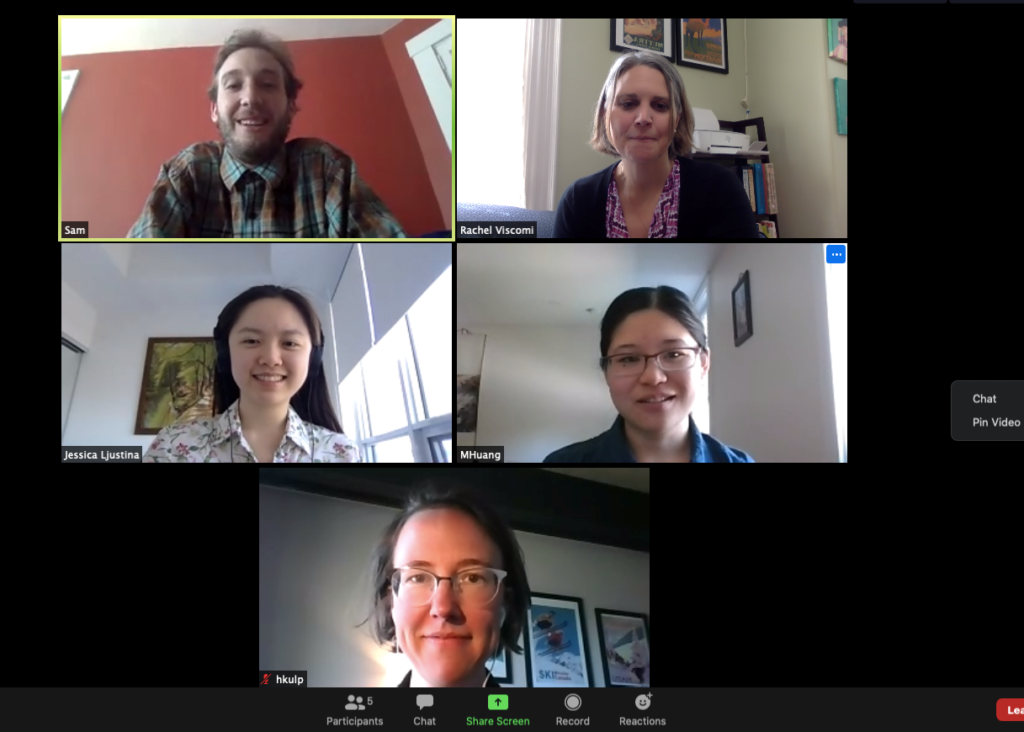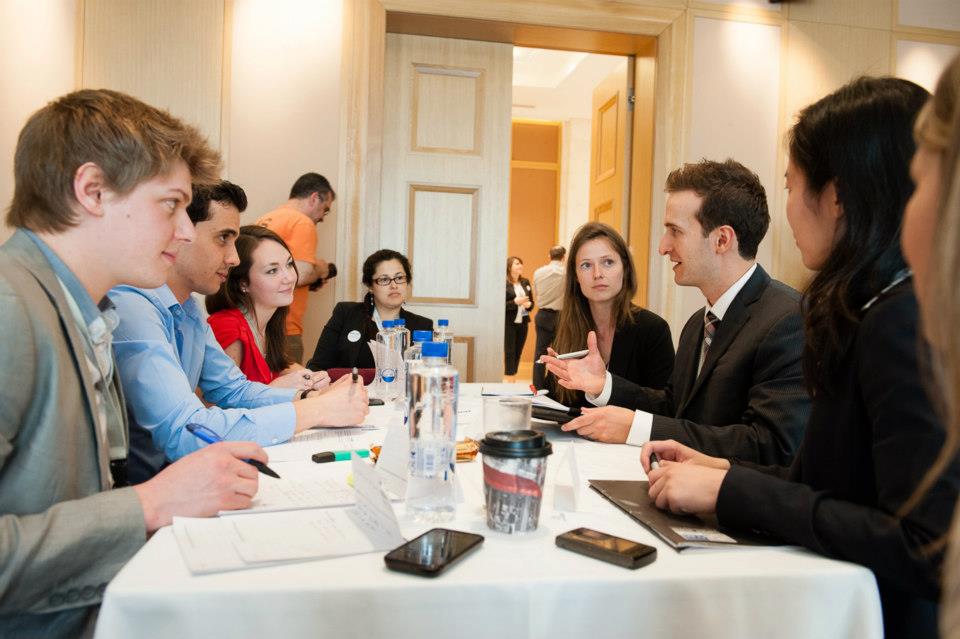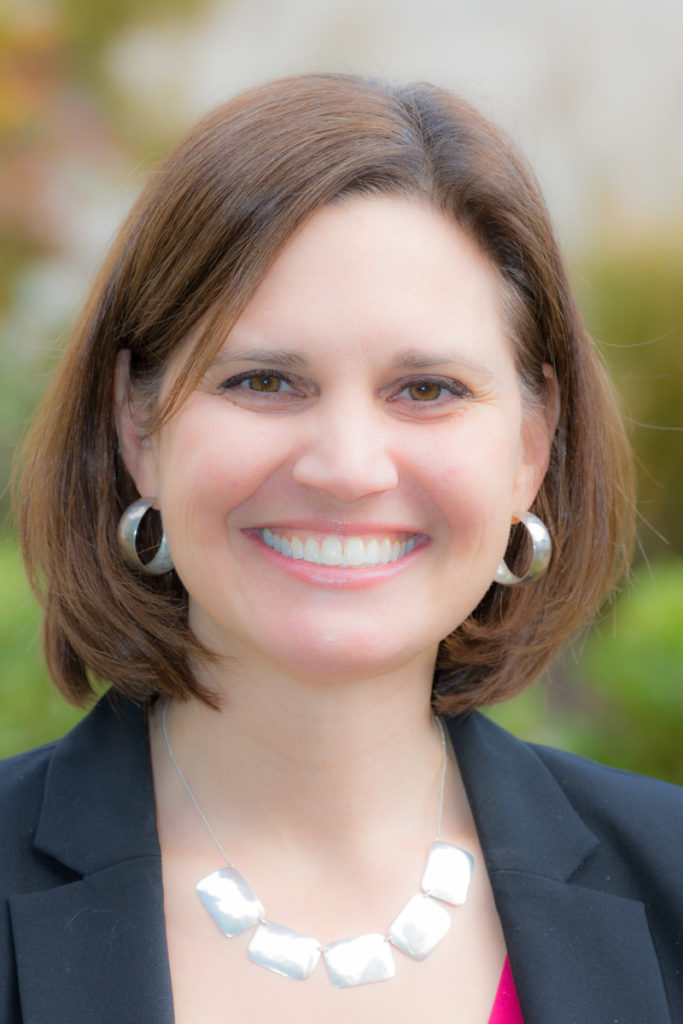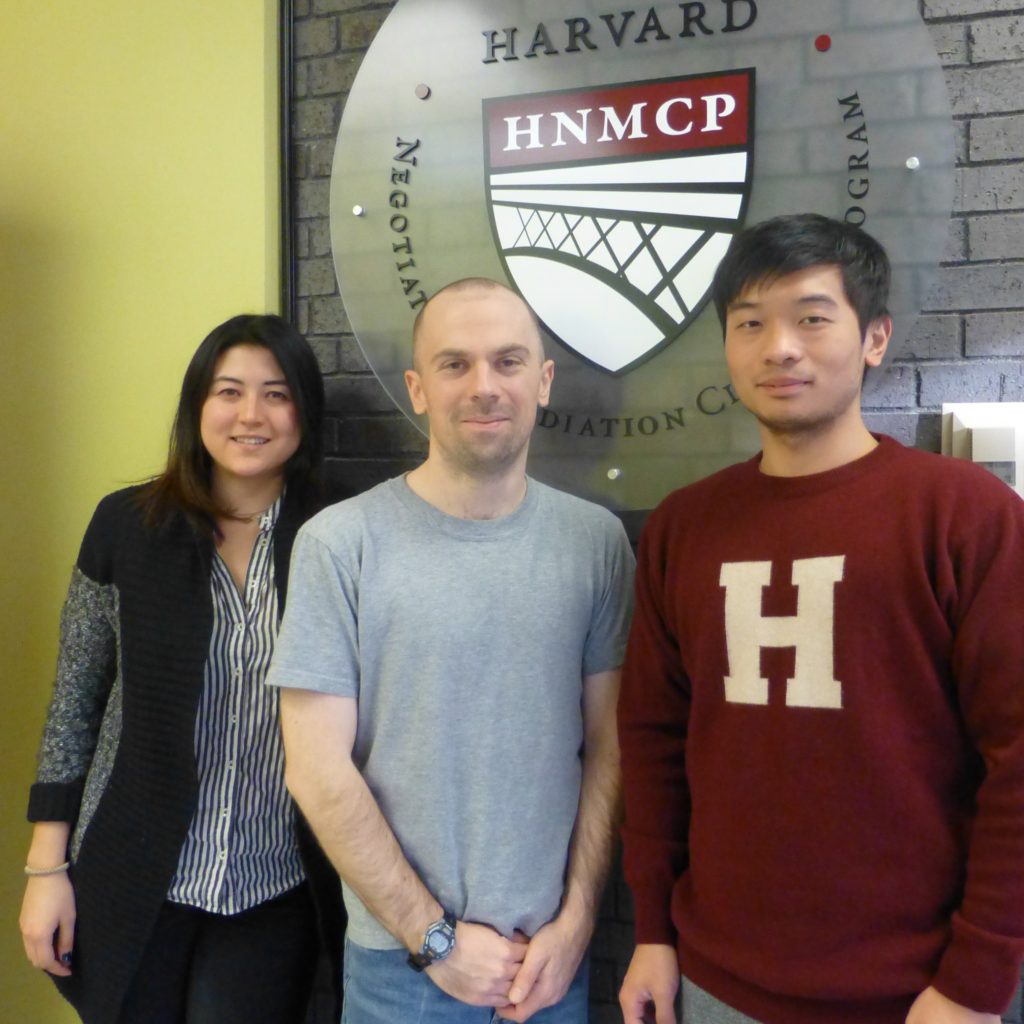 HNMCP: Given the range of clinic options available at Harvard Law School, why did you choose the Negotiation & Mediation Clinical Program (HNMCP)?
HNMCP: Given the range of clinic options available at Harvard Law School, why did you choose the Negotiation & Mediation Clinical Program (HNMCP)?
JK: I actually knew that I wanted to do HNMCP even before I came to HLS! Back in 2008, I had taken vacation days off from work in order to take Prof. Bordone’s intensive Harvard Negotiation Institute Workshop. Negotiation turned out to be very much in line with my master’s thesis on strategic communication, so I was naturally captivated by the field. As soon as I began law school, I took as many ADR courses as I possibly could. I also remembered that Bob was a fantastic teacher, and the possibility of getting involved with HNMCP definitely factored into my decision to come to HLS. There are many excellent clinical programs available at HLS, but I think HNMCP truly provides a unique opportunity for law students to delve into the exciting field of dispute systems design.
HNMCP: What was it about that the IILP project that attracted you?
JK: I had always been very interested in issues of diversity, especially since I encounter these issues myself as a woman of color. I am also quite interested in employment issues and what strategies law firms and other institutions use to recruit and retain top talent. In addition to taking a theory-based course on employment discrimination, I was attracted to the IILP project because it offered me a chance to see the practical side of the diversity issues that law firms face today.
HNMCP: What have you found most challenging about the work?
JK: One challenge for our team is having two degrees of clients: the IILP, and then the law firms themselves. With two degrees of clients, we must anticipate the interests of each and do our best to serve them. For example, we are in the midst of preparing two different kinds of deliverables that are tailored to each one’s needs. Having two degrees of clients can be complex at times, but it reminds us that we have multiple separate relationships to manage and yet must always keep each client’s particular interests in mind.
HNMCP: Have there been any unexpected rewards of the work?
JK: The work has definitely made me more introspective about the diversity-related challenges I have faced in my own personal experience. I had expected that the project would address very pertinent issues, but I did not realize the extent to which it would compel me to self-reflect and explore the thoughts and sentiments that go along with being a woman of color. Beyond simply teaching me more about diversity in the workplace, this project has taught me more about myself as well.
HNMCP: How do you think this experience will inform your future work?
JK: I hope that my experience with this project will help me make a difference in the legal profession with respect to diversity and inclusion in the future. As a lawyer, I will undoubtedly see these types of issues occur in the workplace from time to time. By gaining a better understanding of how law firms can promote a diverse and inclusive culture, I will be in a better position to encourage those around me to do the same.
Jennifer Kan ’11 graduated from Harvard University in 2007 with an M.A. in Linguistics and a B.A. cum laudein Linguistics & Psychology. Upon graduation, she spent almost two years in New York, working in the Global Proprietary Trading group at Credit Suisse. She began law school in the Accelerated J.D. Program at Northwestern Law and worked at Skadden Arps in New York last summer. She plans to work at Ropes & Gray in Boston after graduation. Jennifer is originally from Lexington, Massachusetts.
To read more about the project with the Institute for Inclusion in the Legal Profession, click here.
